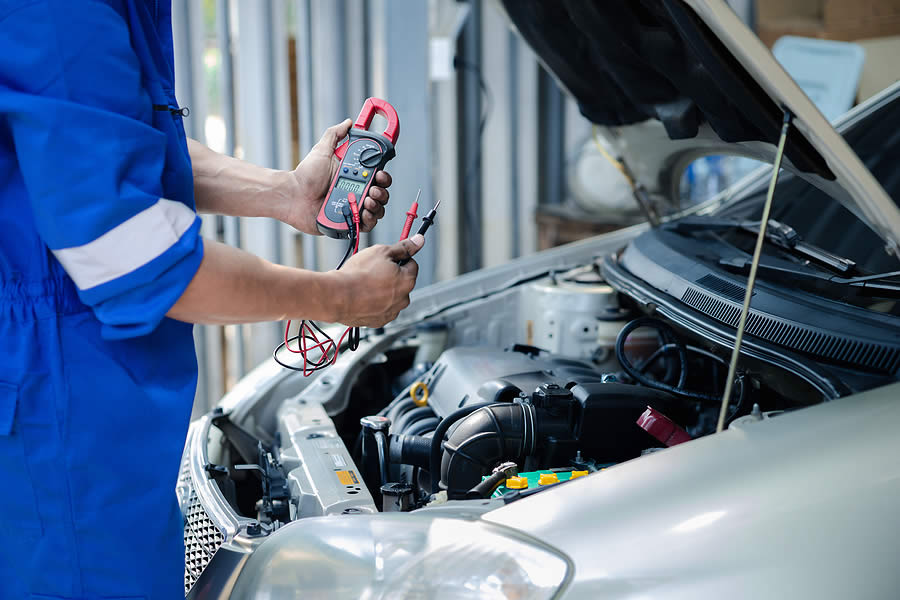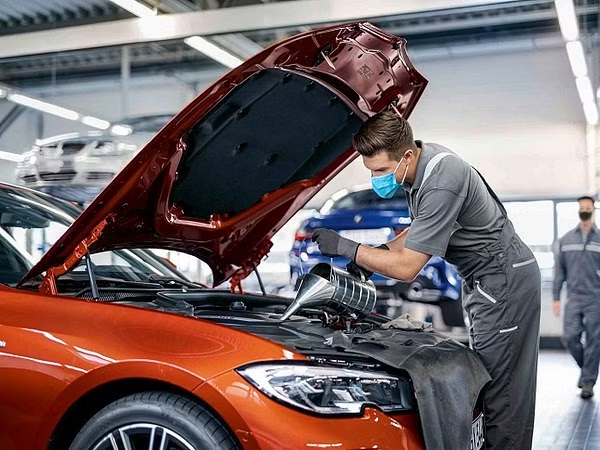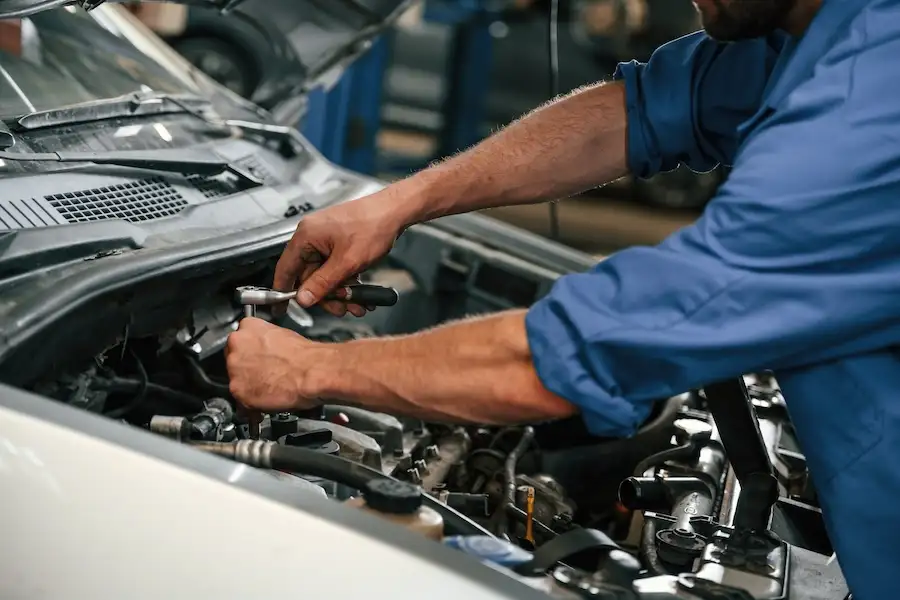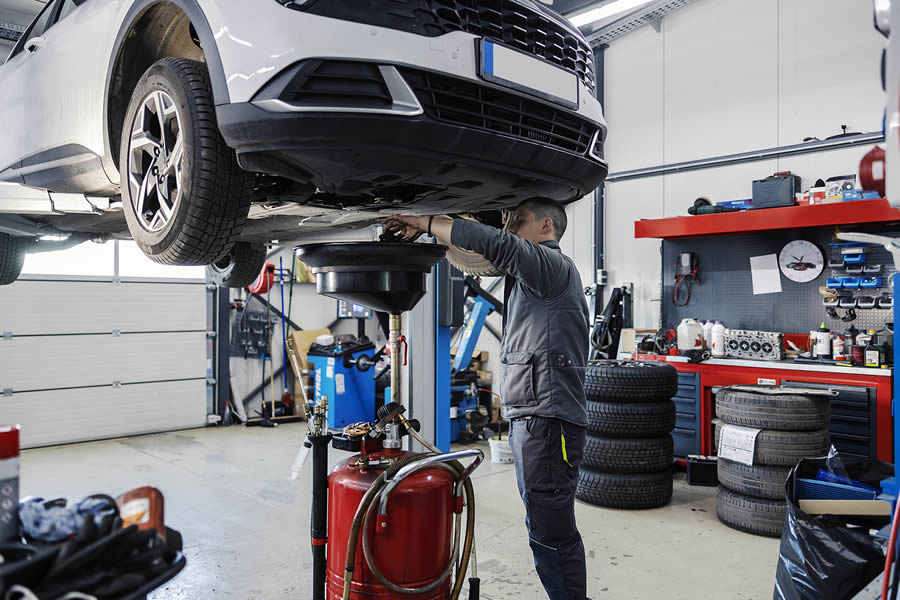
Understanding Auto Repair Estimates: How to Avoid Overpaying
Getting an auto repair estimate can often be a stressful and confusing experience. With a variety of charges and technical terms, it’s easy to feel overwhelmed and unsure if you’re being charged fairly. Understanding how auto repair estimates work can help you avoid overpaying and ensure that you’re getting the best service for your vehicle. This guide will walk you through the key components of an auto repair estimate, provide tips on comparing quotes, and share strategies for saving money.

What Is an Auto Repair Estimate?
An auto repair estimate is a detailed breakdown of the expected costs for labor, parts, and additional services needed to fix your vehicle. It’s essential to get a clear and comprehensive estimate before any repairs begin to avoid surprises down the road.
Key Components of an Auto Repair Estimate
- Labor Costs: This represents the hourly rate charged by the mechanic or shop for the time spent repairing your vehicle. Labor rates vary by region and the type of service being performed.
- Parts Costs: These are the expenses for any replacement parts or components needed for the repair. Parts may be new, refurbished, or aftermarket, each affecting the final price.
- Additional Fees: Some shops may include charges for shop supplies, waste disposal, or diagnostics, which can add to the overall cost.
- Taxes: As with most services, local taxes will apply to the total cost of the repair.
Common Mistakes That Lead to Overpaying
When it comes to auto repairs, several common mistakes can lead to overpaying. Being aware of these pitfalls will help you make more informed decisions.
- Not Getting Multiple Quotes
One of the most common mistakes is failing to shop around for estimates. Prices can vary significantly between auto repair shops. By getting quotes from multiple providers, you can compare costs and identify the best deal.
- Ignoring the Fine Print
Some repair shops may include hidden fees or unnecessary services in their estimates. Always review the fine print and ask for clarification on any charges that seem unclear or questionable.
- Not Asking About Warranty Coverage
If your vehicle is still under warranty, certain repairs may be covered. Failing to ask about warranty coverage could result in paying for repairs that should be handled at no cost.
- Choosing the Cheapest Option
While it may be tempting to choose the lowest estimate, it’s essential to consider the quality of the parts and service being provided. The cheapest option isn’t always the best value, especially if it leads to further repairs down the line.
How to Read and Compare Auto Repair Estimates
Understanding how to read and compare estimates is critical for ensuring you’re not overpaying for repairs.
- Break Down Labor and Parts Costs
Look for a detailed breakdown of the labor and parts costs. Ask the repair shop to explain how they calculated labor hours and why specific parts are needed. Make sure that the parts are the right fit for your vehicle and that labor charges are within a reasonable range for the type of repair.
- Compare Parts Quality
Not all parts are created equal. Make sure to inquire whether the parts being used are new, used, OEM (Original Equipment Manufacturer), or aftermarket. New parts are typically the most expensive, but aftermarket parts can be just as reliable at a lower cost. OEM parts ensure a direct match for your vehicle.
- Ask About Additional Fees
Some repair shops may add fees for services like shop supplies, waste disposal, or diagnostic tests. Ask upfront about any additional charges and make sure they are clearly outlined in the estimate. This will prevent surprise costs later on.
- Check for Warranties
A reputable auto repair shop should offer warranties on both parts and labor. Ask about the length and scope of the warranties, as this can provide peace of mind and protect you from future repair costs.
How to Avoid Overpaying for Auto Repairs
There are several strategies you can employ to ensure you don’t overpay for auto repairs:
- Get Written Estimates
Always request a written estimate before agreeing to any repairs. A written document helps prevent unexpected charges and gives you something to reference if any discrepancies arise.
- Ask for Recommendations
Seek recommendations from friends, family, or online reviews to find trustworthy repair shops. A reputable mechanic is less likely to overcharge or suggest unnecessary repairs.
- Negotiate the Price
Don’t be afraid to negotiate the repair costs. If you have multiple estimates, you can use the lowest quote to leverage a better price at your preferred shop.
- Understand Your Vehicle’s Needs
Take the time to understand your vehicle’s maintenance needs and repair history. This will allow you to identify when a mechanic may be suggesting unnecessary services.
Conclusion: Be an Informed Consumer
Understanding how auto repair estimates work is key to avoiding overpaying for vehicle repairs. By familiarizing yourself with the breakdown of costs, comparing multiple estimates, and asking the right questions, you can ensure you’re getting fair pricing and quality service. Knowledge is your best tool in making confident decisions when it comes to your vehicle’s care.



